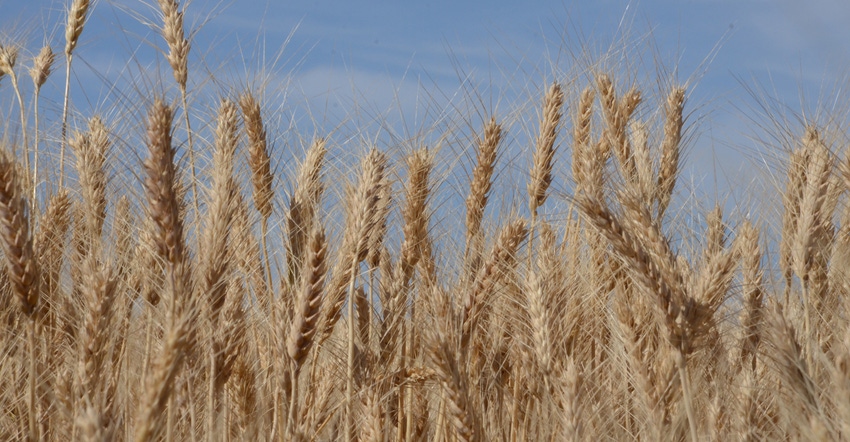August 17, 2020

Public plant breeding programs have, in the past, been the source of a range of crop improvements. What happens if those programs disappear?
That’s the question asked by a new study from Washington State University, which did find that public breeding programs are seeing decreases in funding and personnel.
The study, published in the journal Crop Science, was conducted by a team of scientists led by Kate Evans, WSU horticulture professor and leader of the university’s pome fruit breeding program. Evans and her colleagues conducted a survey of 278 plant breeding programs around the country. Public programs are chiefly federal programs like those run by USDA, or based at public research universities.
In the surveys, respondents estimated a decline of more than 21% in full-time employee time for program leaders over the past five years, and nearly an 18% decline for full-timers for technical support.
The study also discovered that retirement looms for many plant breeding program leaders. More than a third of the responding programs have leaders over 60 years old, and 62% are led by people over 50.
Evans says this decline is concerning because plant breeding has a direct impact on food security. “Plant breeding plays a fundamental part of the long-term food security of this country. The tremendous increases in food production over the past century are largely due to plant breeding, and the world’s population is only increasing.”
A focus on security
The idea of food security has gotten more attention in recent months with the rise of COVID-19. Adds Evans: “Plant breeding is a long-term sustainable way to address concerns over having enough food and keeping our food sources secure.”
Evans is based at WSU’s Tree Fruit Research and Extension Center in Wenatchee, Wash.
For the plant breeder, work focuses on a range of areas, from breeding disease tolerance into crops, working on increasing production, introducing new varieties to the market, or improving drought tolerance.
“We do not live in a stable environment, and there are many different ways to deal with that,” Evans observes.
Every farmer knows there is a range of challenges in each field targeting your crop from plant pathogens or insect pests. These are always adapting, so varieties of crops bred to naturally fight off a disease can start to lose their defenses. Plant breeding helps growers stay ahead of those potentially harmful adaptations.
Yet there’s another impact Evans raises: losing those with a focus on local foods.
“In Washington, for example, our cereal breeding programs are very focused on local production,” she says. “They breed wheat that grows very well for eastern Washington.”
Another example is the citrus industry. Citrus greening disease has been devastating to growers, particularly in Florida, when trees produce bitter, green and misshapen fruit. Plant breeding programs are working hard to develop varieties that naturally repel the pest that causes the problems.
Why the decline? Evans points to the fact that breeding programs are declining because of the cost. It takes many years to develop a new crop variety, and funding a program that long requires a significant investment. “We can’t rely on grants, because those are often only for a few years,” she says. “You can’t do anything in plant breeding in three years. It requires long-term, sustained funding to get a program going.”
Evans’ co-authors on the paper are Michael Coe, Cedar Lake Research Group; Ksenija Gasic, Clemson University; and Dorrie Main, WSU Department of Horticulture. The study was funded by grants from the USDA National Institute of Food and Agriculture, the National Science Foundation and the National Association of Plant Breeders.
Source: Washington State University, which is solely responsible for the information provided and is wholly owned by the source. Informa Business Media and all its subsidiaries are not responsible for any of the content contained in this information asset.
You May Also Like




